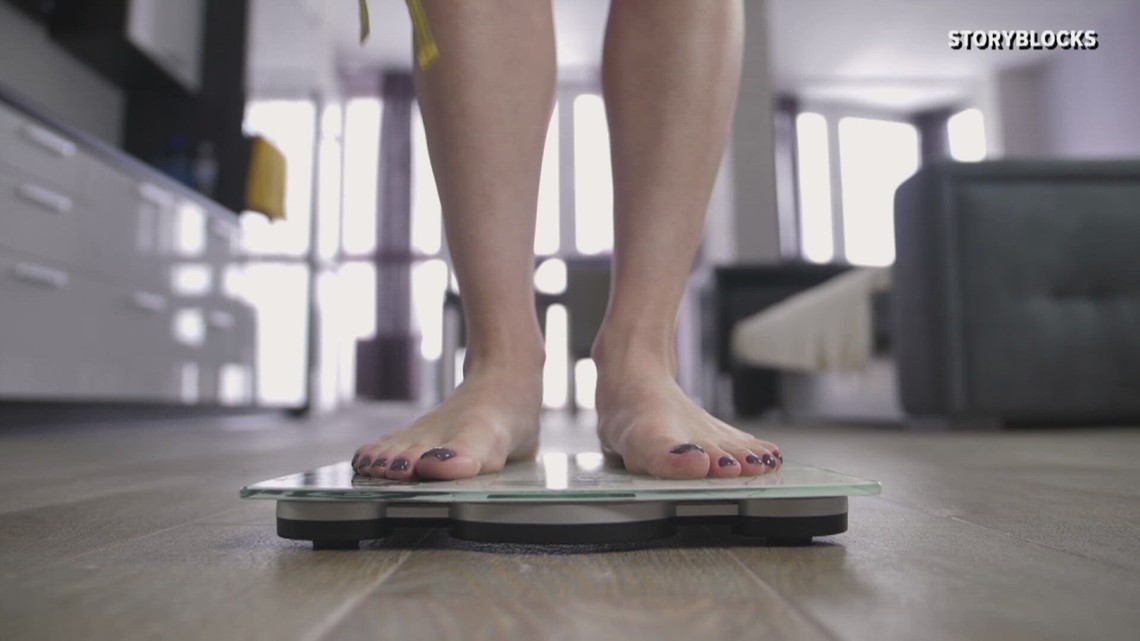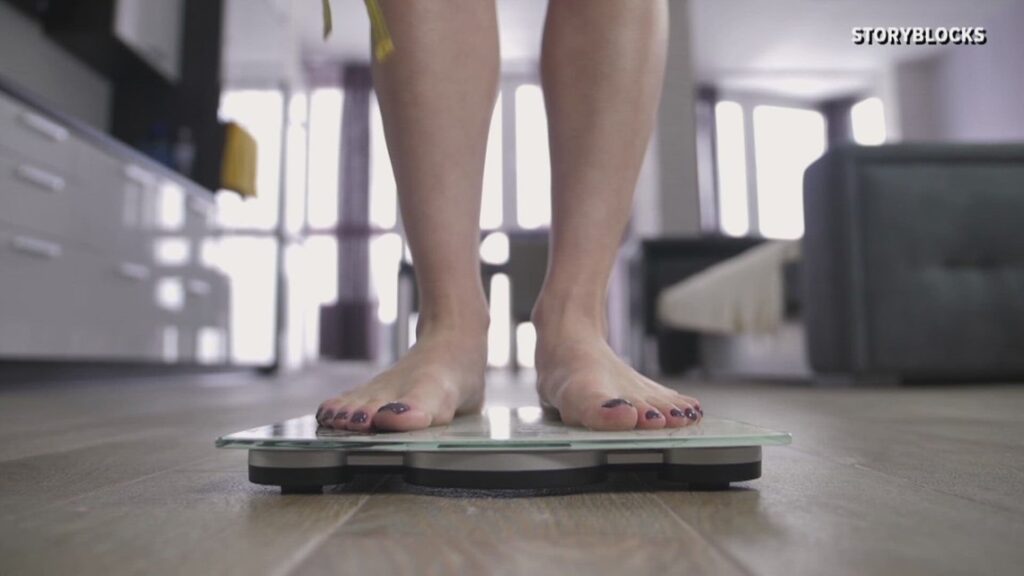Nearly 1 in 10 Americans will experience an eating disorder in their lifetime yet access to care can be difficult and the treatment isn’t always helpful.
DENVER — Some 29 million people in the U.S. will experience an eating disorder in their lifetime – National Eating Disorder Awareness Week highlights that’s nearly 1 in 10 people – Erin Harrop is one of them.
Survivors like Harrop said their treatment for the disorder isn’t always helpful, but Colorado lawmakers are now considering Senate Bill 117 which would set minimum standards of care for eating disorder treatment and recovery programs.
“I had an eating disorder that emerged in childhood and then, didn’t get diagnosed until I was 15 years old,” said Harrop, an eating disorder survivor. “It came on quite gradually. I grew up in the fat-free craze of the 90s where there was a lot of emphasis on healthy eating and activity and limiting your calories, things like that.”
Harrop started exercising and doing things she thought were healthy to make her thinner. Gradually, they started losing more and more foods that they felt they could eat to the point where any amount of food became highly difficult and triggering for them.
“I became very afraid of it,” said Harrop. They weren’t able to access specialized treatment until they were 22.
“As an uninsured person, it felt nearly impossible,” Harrop said. “We drove about an hour and a half to a therapist that was quite far away but it was one my parents could afford. And it was not a therapist that had any kind of eating disorder training or specialization. And so it was extremely difficult to find.”
Even then, the treatment wasn’t always helpful. Sometimes, they saw some methods making eating disorders even worse.
“I was allowed to go days without eating without being supplemented,” Harrop said. “The processes of stripping down and being weighed in very little clothing or no clothing at all for some people, having those weights be done publicly where you’re standing in line with your peers all in your gowns or underwear or whatever it is that they have you doing your jumping jacks before you get on the scale to show you’re not hiding weights in any cavities.”
They often saw bias, retaliation and stigma from providers. Showers and trips to the bathroom were supervised.
“To have those violations be recreated by the treatment that’s supposed to be healing you is really devastating,” Harrop said.
Vincent Atchity with Mental Health Colorado said this bill would put in place standards of care for eating disorder treatment programs.
“Until now, there had been no such thing as formalized standards of care in those settings,” Atchity said. “And the testimony on the part of consumers of eating disordered care is sort of hair-raising when it comes to the kind of experiences that folks have had in those settings. And that’s what has really motivated this work to bring this bill about that Senator Lisa Cutter has sponsored.”


Dr. Jennifer Hagman, medical director of Children’s Hospital Colorado’s Eating Disorders Program, said they’re still seeing a lot of kids with severe eating disorders in need of help.
“There’s always been a need but the pandemic really amplified the need for mental health care,” said Hagman. “And kids with very severe eating disorders, we saw a real increase, a sustained increase in kids presenting for care in a pretty medically unstable condition during the worst of the pandemic years. And that really has not tapered off which is alarming to me.”
Hagman said they’re able to keep up with demand, but it’s often challenging at times with the volume of children in need of care. Still, she knows when it comes to access, Children’s Hospital Colorado is unique.
Many patients in need of care have a hard time accessing it at every age.
“It can be pretty challenging, it really can,” Hagman said. “But the rates are high and it really is part of why I think these bills are so important at the legislative level cause it really brings awareness to how serious these problems are and truly the challenges people have finding care.”
Harrop said not every experience they had in treatment was harmful. They said this bill is critical to make care not just helpful for those in treatment, but healing.
“And I realized so many of these things had just been completely normalized for me like getting weighed in your underwear or having staff watch you in the shower, those types of things. Even though they were traumatizing, they also became a normal way of life. Which, do we want these things to become normal?” Harrop said. “It’s really hard work to do, it’s a very delicate balance but I do think that this legislation is a start.”
Senate Bill 117 moved out of the Senate Health and Human Services Committee Wednesday, now it’s headed over to the Committee on Appropriations.
Atchity said they’re hopeful the bill will continue to move forward. “We sure hope so and as far as we know, I think it once again comes down to that fiscal note. There is some administrative cost associated with instituting a new set of therapeutic practices and clinical expectations.”
Last year, eating disorder legislation hit a road bump in appropriations, said Atchity. Still, he’s hopeful lawmakers will recognize the need for these changes and help them become law.
If you or someone you know is dealing with an eating disorder, you can find resources at Mental Health Colorado, Children’s Hospital Colorado or the Eating Disorder Foundation.
SUGGESTED VIDEOS: Politics
9NEWS+
Watch more from 9NEWS on the free 9NEWS+ app for Roku and Fire TV.
9NEWS+ has multiple live daily shows including 9NEWS Mornings, Next with Kyle Clark and 9NEWS+ Daily, an original streaming program. 9NEWS+ is where you can watch live breaking news, weather updates, and press conferences. You can also replay recent newscasts and find videos on demand of our top stories, local politics, investigations and Colorado specific features.
To download 9NEWS+ on Roku search for KUSA.
To download 9NEWS+ on Fire TV search for 9NEWS.
RELATED: Watch 9NEWS for free on ROKU, Apple TV, Fire TV

